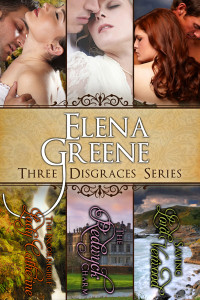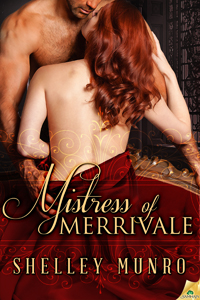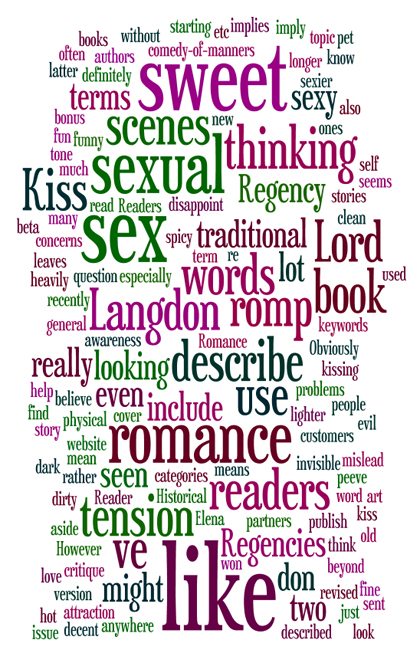I have been doing a bit of thinking on this topic. I trolled the internet to see what others wrote, but didn’t find anything that delineated the types in the way I was thinking of them.
We see certain Regency heroines over and over and marvel at how authors can make them fresh and new.
Here’s what I came up with:
![DUKE'S GUIDE TO CORRECT BEHAVIOR cover[2]](https://riskyregencies.com/wp-content/uploads/2014/05/DUKES-GUIDE-TO-CORRECT-BEHAVIOR-cover2-185x300.jpg) The Governess.
The Governess.
Tried and true from Jane Eyre to Megan’s upcoming The Duke’s Guide to Correct Behavior. The governess is often a genteel young woman who has fallen on hard times and has to accept employment that basically robs her of any social status at all. She is neither servant nor noble. It is the hero who comes to her rescue and frees her from her dismal fate. In a way she is a Cinderella figure. Just thought of that this moment.
My Born To Scandal is a governess story and my homage to Jane Eyre.
The Debutante.
The classic traditional Regency heroine. I used to love to read the Signets and Zebras about the young woman making her come-out and attending Almack’s for the first time. Her task, of course, was to make a good match and often it was not the man with the high title who ultimately won her heart.
The Bluestocking.
A bookish heroine who is more interested in her field of expertise than in the marriage mart. I have yet to write one of these heroines, because my imagination has yet to go in that direction.
 The Fallen Woman.
The Fallen Woman.
I’d place courtesan heroines or heroines ruined by scandal in this category. She is a woman who, perhaps, once had a fine reputation but has lost it and this can either free her to take charge of her life or trap her in a worse situation. My The Mysterious Miss M fits this description, as does the heroine in Scandalizing the Ton. I’m returning to this type of heroine in A Lady of Notoriety, due out in paperback June 17.
The Feisty Heroine.
I think of this heroine as the one who defies all convention and protests to want things that, in my mind, only a modern woman would expect. You can tell this is not one of my favorites, but I do think that readers can love this heroine if she is done well. About the closest I’ve come, I think, is in Chivalrous Captain, Rebel Mistress.
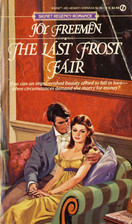 The Hard Times Heroine.
The Hard Times Heroine.
This would be the heroine who needs to marry well in order to save her family or to escape something worse. My Wagering Widow was one, and looking through my books list I’ve written different versions of this heroine several times – . One of my favorite old Regencies had one of these heroines, The Last Frost Fair by Jo Freeman.
The Commoner.
This heroine is not a typical choice for a Regency Historical. She is not from the aristocracy. She is a commoner, like my French heroine in Valiant Soldier, Beautiful Enemy or Innocence and Impropriety.
You might also be interested in Mary Balogh’s discussion of Regency heroines.
And, for fun, here is a Regency Heroine Quiz to discover which type you are.
Do you have other Regency Heroine types to add? Let me know!

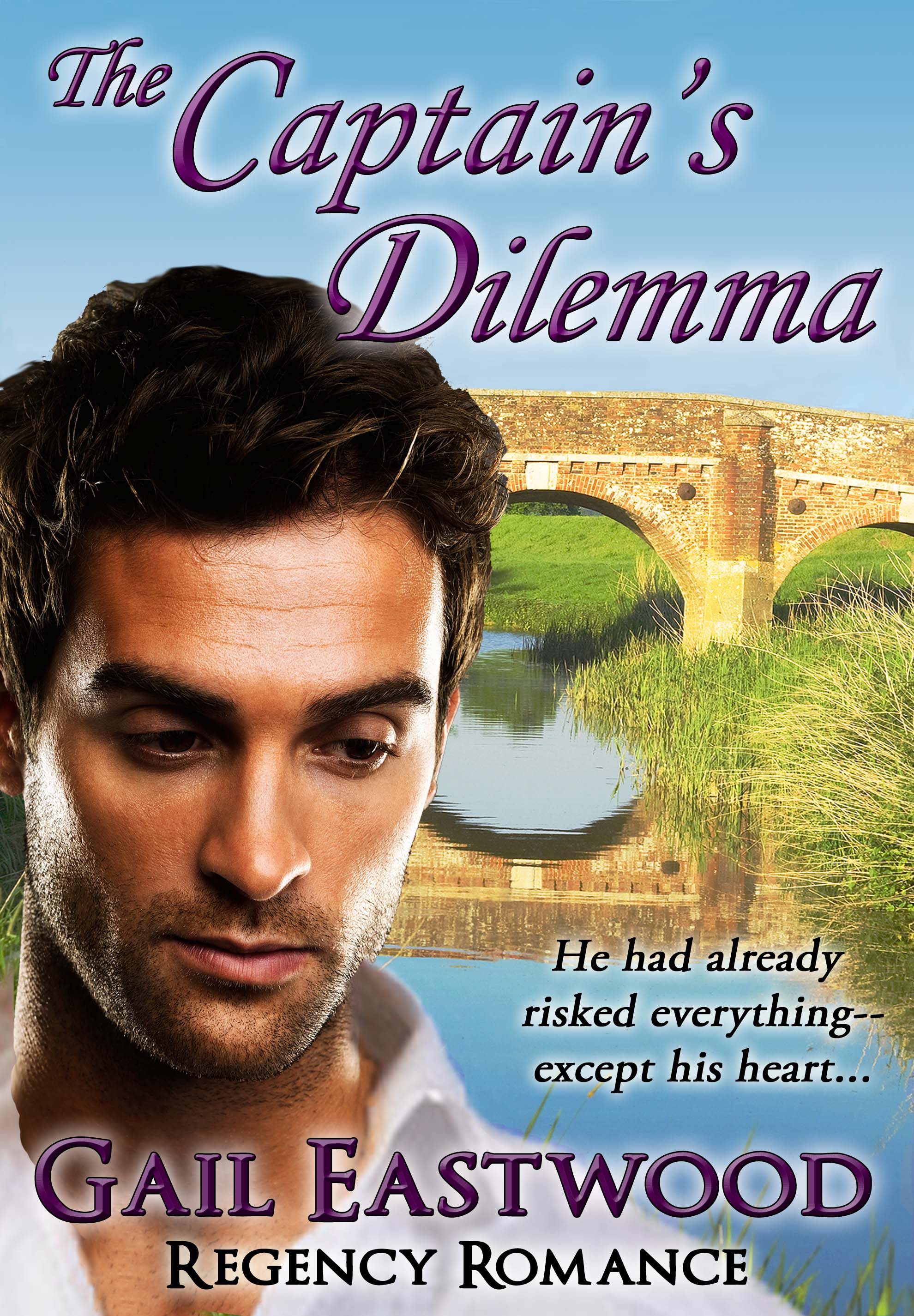
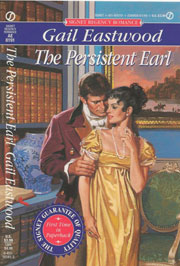 I used to call the lovely but inaccurate Allan Kass cover for my second book, The Persistent Earl, a “visual epilogue”, explaining that it showed the artist’s vision of the hero and heroine together after the story was over. (The heroine, a young widow, wears half-mourning throughout the book, but as you see here, on the cover she is in a beautiful gold satin gown.) Readers always thought that made perfect sense! Can you imagine the rest of this scene without having the words? I consider reading a collaborative process, and even though as an author I give the reader the specifics of my story, each reader brings some of her own imagination into the mix as she reads. I think that’s one of the great pleasures of reading, and one of the (many) reasons movie adaptations of our favorite books don’t always succeed –one director’s view of the story may not match up well with the personal version we have envisioned in our own heads. Ah, but that’s another entire topic.
I used to call the lovely but inaccurate Allan Kass cover for my second book, The Persistent Earl, a “visual epilogue”, explaining that it showed the artist’s vision of the hero and heroine together after the story was over. (The heroine, a young widow, wears half-mourning throughout the book, but as you see here, on the cover she is in a beautiful gold satin gown.) Readers always thought that made perfect sense! Can you imagine the rest of this scene without having the words? I consider reading a collaborative process, and even though as an author I give the reader the specifics of my story, each reader brings some of her own imagination into the mix as she reads. I think that’s one of the great pleasures of reading, and one of the (many) reasons movie adaptations of our favorite books don’t always succeed –one director’s view of the story may not match up well with the personal version we have envisioned in our own heads. Ah, but that’s another entire topic.